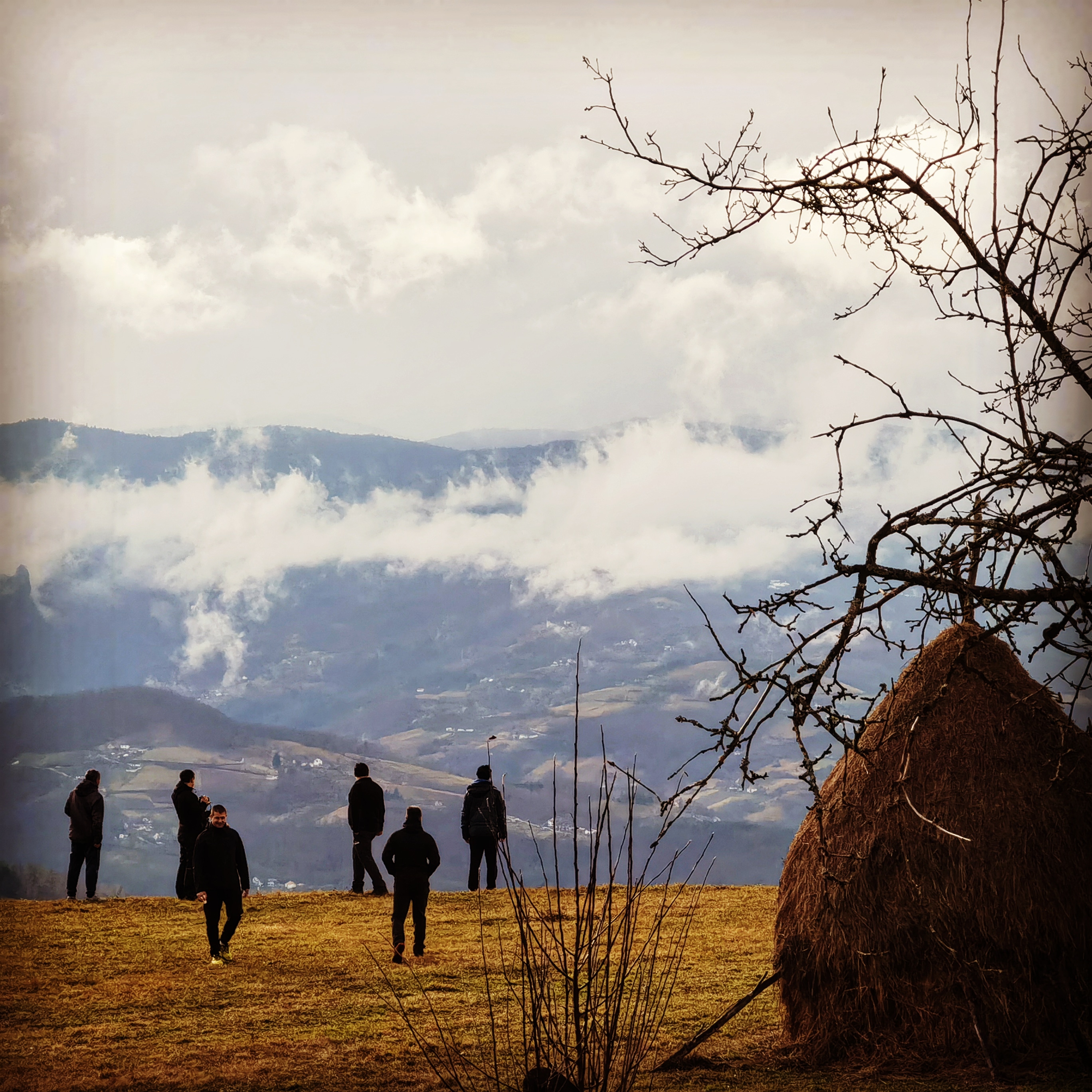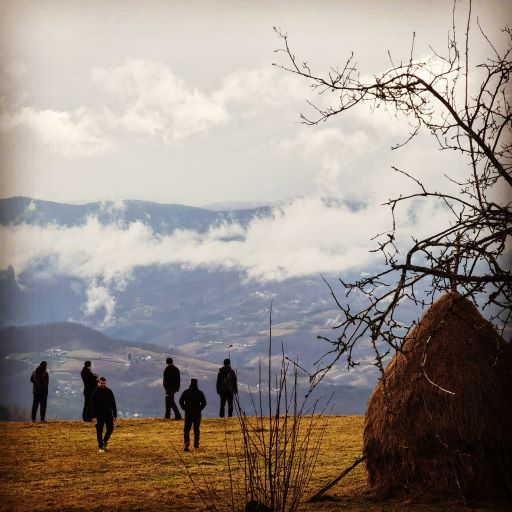We use cookies to improve our services. Read more about how we use cookies and how you can refuse them.
BeActive...BeOutdoors...BeEducated
Report into Leadership and Environmental Training in Outdoor Sports Federations.
The SEE project aims to enhance the protection of natural landscapes through education on responsible outdoor behaviour across Europe. The project seeks to understand the impacts that outdoor sports can create in natural and protected areas as well as more globally with respect to climate change etc. It also seeks to identify good practice from within the sector and then develop resources and methodologies to share knowledge and develop skills to support greater environmental responsibility by outdoor sports practitioners.
The first report- BeActive, BeOutdoors, BeResponsible- highlighted the commonly perceived issues by outdoor sports in Protected Areas. This was achieved through the results from a survey conducted by EUROPARC addressed to Protected Area managers. The second report-BeActive…BeOutdoors…BeSustainable- investigated the broader sustainability issues of outdoor sports in Protected Areas. This report identified 9 key areas outdoor sports practitioners can mitigate their impact on the natural environment i.e. travel, consumption, waste etc. The third and final report- BeActive…BeOutdoors…BeEducated- from Work Package One was for partners to identity current good practices from within the outdoor sporting sector. The partners to the project agreed on a list of 26 sports and activities that could be encompassed within the ENOS definition of outdoor sports. The next step was to investigate each of these sports in their own country to gather information on their leaders’, guides’, or instructors’ training programmes. Nine partner countries were involved in looking for information on the number of courses available, and whether environmental education was offered in their leadership training programmes.
To develop resources for such courses it was important to get an understanding of how much time was available for pedagogical development within them.
The partners identified 200 federations and training organisations across these 26 sports within the seven countries of France, Germany, Ireland, Portugal, Spain, Sweden, and the UK. A survey was then sent out to the identified federations and training organisations on whether training in environmental education and sustainability issues was offered in the training programmes. Of the 200, 77 responses were received. The survey was also sent to all the outdoor sports federations in Europe that are held on a database by ENOS and 13 further surveys from other countries outside of the partner countries were received.
The results from the survey highlighted several clear trends among the sporting federations (training providers), that will be useful in developing the SEE Project toolkit. Just under 59% of the federations surveyed provide environmental educations as part of their training programmes. For the federations who did not provide any environmental education, the main reason stated was lack of knowledge and time. Whilst time and knowledge may be a limiting factor, 92% of respondents agreed that environmental education and awareness is important and should be provided in their training programmes.
The combination of interest in and importance placed on the topic of environmental knowledge for leaders, guides and instructors provides a very good opportunity for the SEE project to make a genuine difference. Even if only a few federations begin to empower their leaders, guides and instructors with greater environmental knowledge and awareness — this could have very positive longer-term impacts for the development of more sustainable outdoor sports.
 English
English Português
Português


